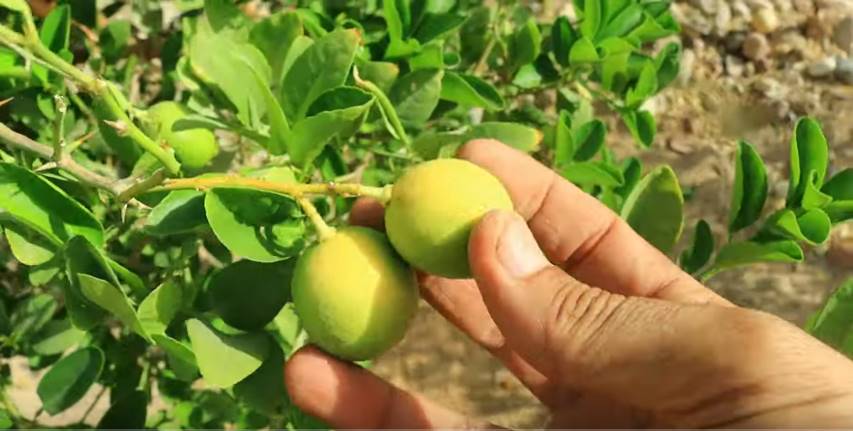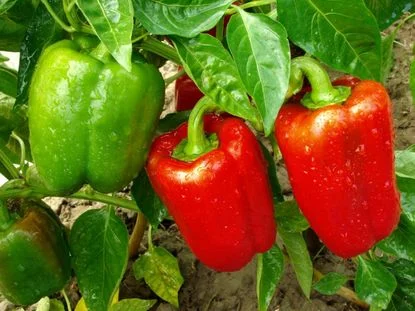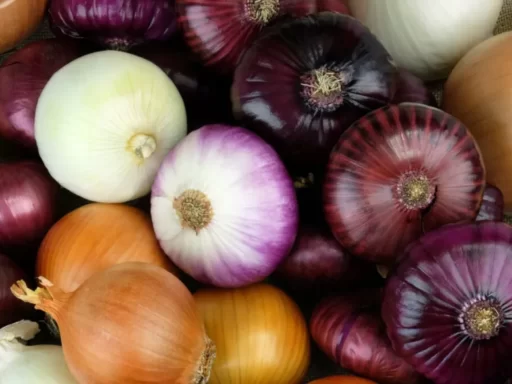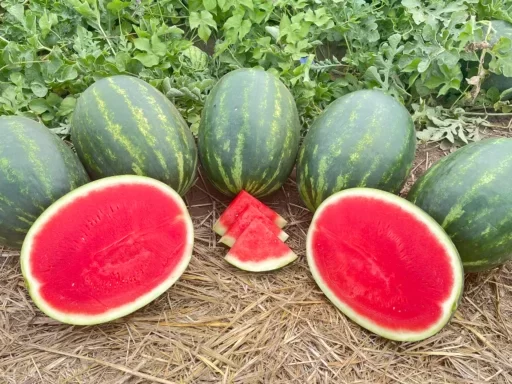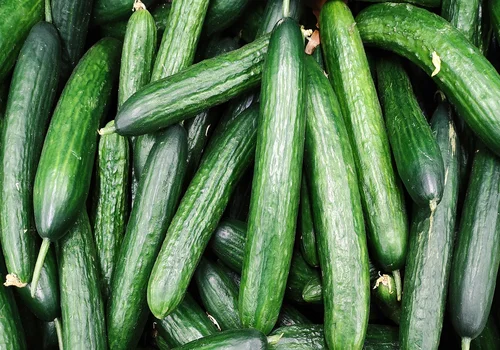Lemons are a staple in many kitchens and gardens, but not all lemons are created equal. If you’re considering growing your own lemon tree, there is one variety that stands above the rest: the Meyer lemon. This extraordinary citrus fruit has gained popularity for its incredible flavor, juiciness, and hardiness. In this article, we’ll explore everything you need to know about the Meyer lemon, its history, how to grow it, and why it’s considered the best lemon in the world.
The History of the Meyer Lemon
The Meyer lemon has an interesting history that dates back to the early 20th century. It was introduced to the United States in 1908 by an agricultural explorer named Frank Meyer, who discovered it during a trip to China. The Meyer lemon is believed to be a hybrid, a cross between a true lemon and a Satsuma. This unique combination gives it many of its distinct characteristics, such as its sweeter taste, juiciness, and cold-hardiness.
While the Meyer lemon is not a true lemon, it has quickly become a favorite among gardeners and cooks. Unlike other citrus fruits, the seeds of the Meyer lemon do not grow true to type, meaning you can’t plant a Meyer lemon seed and expect it to grow into the same kind of tree. Every Meyer lemon tree today is a clone of the original tree discovered by Frank Meyer. If you want to grow a Meyer lemon tree, you’ll need to buy a grafted tree or grow one from a rooted cutting.
The Improved Meyer Lemon
In the 1940s, many Meyer lemon trees were found to be infected with deadly viruses such as Citrus tristeza and Citrus tatter leaf virus. To combat this, the University of California Riverside developed a virus-free strain of the Meyer lemon. This new variety, known as the “Improved Meyer Lemon,” was introduced to the public in 1975. Today, all Meyer lemons sold in the United States are of the improved variety, so you don’t need to worry about searching for a special strain when purchasing a tree.
Growing Meyer Lemons: In-Ground vs. Containers
Meyer lemons are a perfect choice for backyard gardeners because they are naturally dwarfing plants. If you’re growing a Meyer lemon from a rooted cutting, the tree will only grow to be about six to ten feet tall, making it easy to manage and maintain. In colder climates, where temperatures can drop below freezing, Meyer lemons can be grown in containers and moved indoors during the winter months.
If you live in an area where temperatures drop below 18°F (-8°C), Meyer lemons are one of the hardiest citrus varieties you can grow. They can tolerate cold better than true lemons, with mature trees able to withstand temperatures as low as 16°F (-9°C). However, it’s important to protect the tree from frost, as extreme cold can damage the fruit and new growth.
Meyer Lemon Care and Maintenance
To ensure that your Meyer lemon tree thrives, regular pruning is necessary. Pruning helps keep the tree at a manageable size and promotes healthy growth. If you’re growing your tree in a container, make sure it gets plenty of sunlight—at least 8 hours a day. Additionally, well-draining soil and proper watering are essential for the health of your tree.
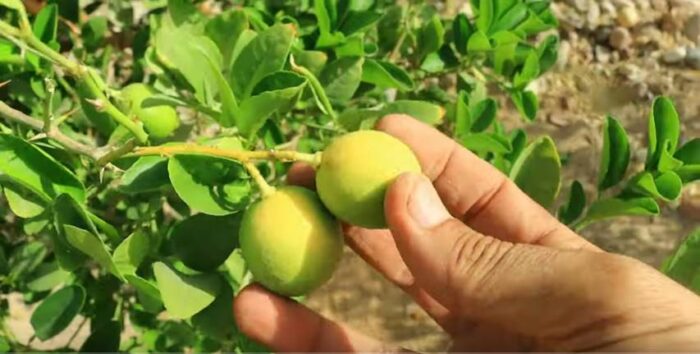
Meyer lemons are also highly prolific. Even in their second year of growth, Meyer lemon trees can produce an abundance of fruit. In colder climates, using plant covers and incandescent lights can help protect the tree during chilly nights, ensuring that it continues to produce fruit year after year.
Meyer Lemon vs. Grocery Store Lemons
A comparison between Meyer lemons and the typical lemons you buy at the grocery store, such as Lisbon or Eureka lemons, reveals why the Meyer lemon stands out. First, Meyer lemons are significantly larger than grocery store lemons and have a thinner skin, which makes them juicier. While grocery store lemons tend to have a thick, pithy rind, the Meyer lemon’s skin is delicate, similar to that of an orange, which contributes to its unique flavor and aroma.
Because of their thin skin, Meyer lemons do not ship well, which is why they are rarely found in supermarkets. Instead, they are best enjoyed when grown at home. When you cut into a Meyer lemon, you’ll notice a flood of juice, much more than you’d get from a standard grocery store lemon. The juice is not only more plentiful, but it also has a sweeter, less acidic taste, thanks to the Satsuma influence.
Taste Test: Meyer Lemon vs. True Lemon
When it comes to flavor, the Meyer lemon wins again. True lemons are known for their sharp, acidic taste, which can leave a sticky feeling on your teeth. In contrast, the Meyer lemon has a much smoother, sweeter flavor. While it still has the tang of a lemon, it’s much less overpowering, making it perfect for recipes that call for lemon without the intense tartness.
Whether you’re using it in cooking, baking, or for making fresh lemonade, the Meyer lemon’s versatility and superior flavor make it an unbeatable choice.
The Benefits of Growing Meyer Lemons
There are many reasons why you should consider growing a Meyer lemon tree in your garden or on your patio. Here are just a few:
- Cold Hardiness: Meyer lemons are one of the most cold-tolerant citrus varieties available, making them suitable for a wide range of climates.
- Prolific Fruit Production: Even young Meyer lemon trees can produce an impressive amount of fruit, often within just a few years of planting.
- Delicious Flavor: The unique flavor of the Meyer lemon, with its balance of sweetness and acidity, makes it a favorite among chefs and home cooks alike.
- Dwarf Size: Meyer lemon trees are naturally dwarfing, making them perfect for small spaces or container gardening.
- Versatility: Meyer lemons can be used in all the same ways as true lemons, from lemonade to lemon bars, but with a flavor that is much smoother and less tart.
Frequently Asked Questions
- Can Meyer lemons be grown indoors? Yes, Meyer lemon trees can be grown indoors, especially in colder climates. Make sure they receive enough sunlight, ideally 8 hours a day, and place them near a sunny window.
- How often should I water my Meyer lemon tree? Meyer lemon trees prefer well-draining soil, and you should water them when the top inch of soil is dry. Avoid overwatering, as this can lead to root rot.
- Do Meyer lemons need fertilizer? Yes, Meyer lemon trees benefit from regular feeding. Use a fertilizer formulated for citrus trees during the growing season (spring and summer).
- When do Meyer lemon trees produce fruit? Meyer lemon trees can produce fruit year-round, but they typically have their heaviest fruiting period in the winter and early spring.
- Are Meyer lemons more cold-tolerant than regular lemons? Yes, Meyer lemons are more cold-tolerant than traditional lemons, making them a great option for gardeners in cooler climates.
- How long does it take for a Meyer lemon tree to bear fruit? If grown from a cutting, Meyer lemon trees can start producing fruit in as little as two years.
- Can I grow Meyer lemons from seed? While you can plant Meyer lemon seeds, they will not grow true to type. It’s better to grow Meyer lemon trees from a cutting or buy a grafted tree.


